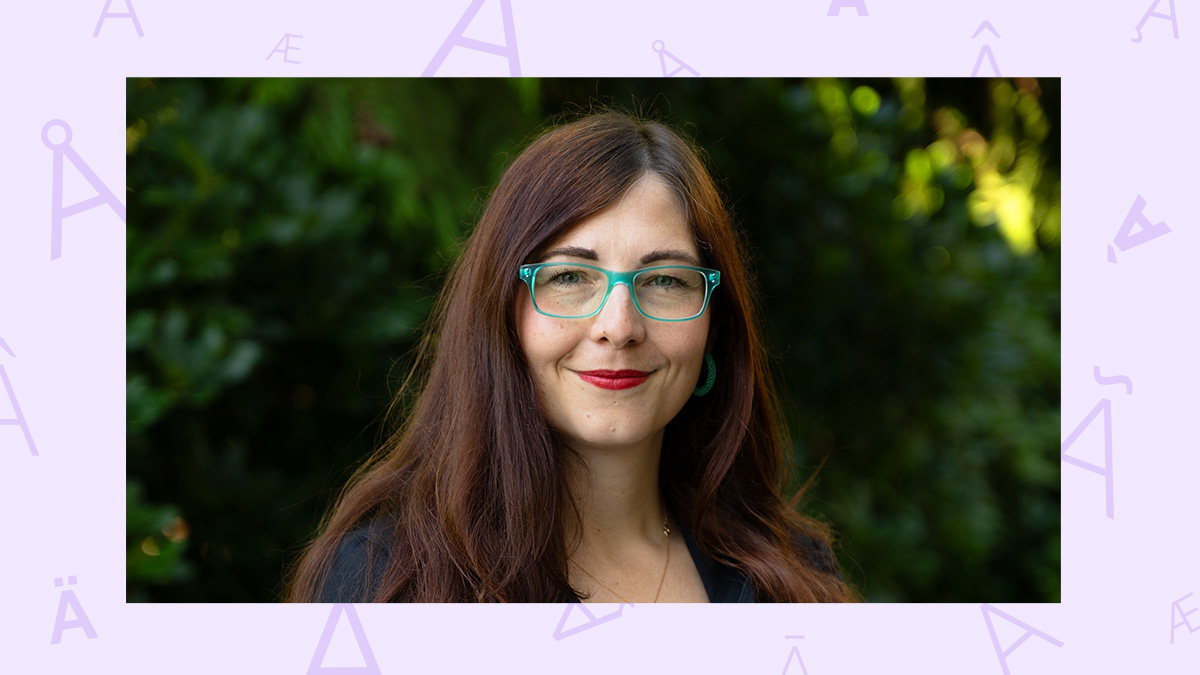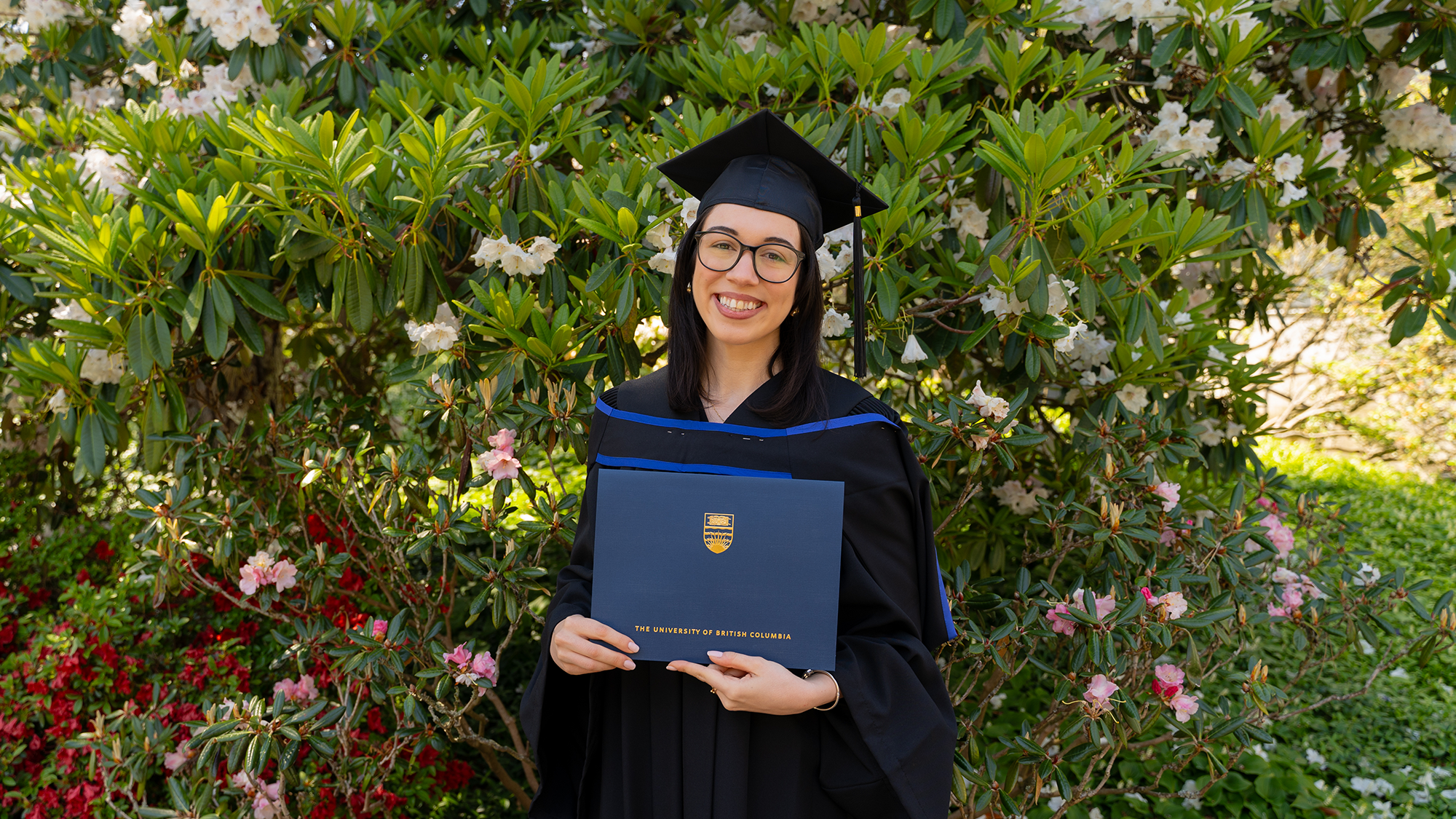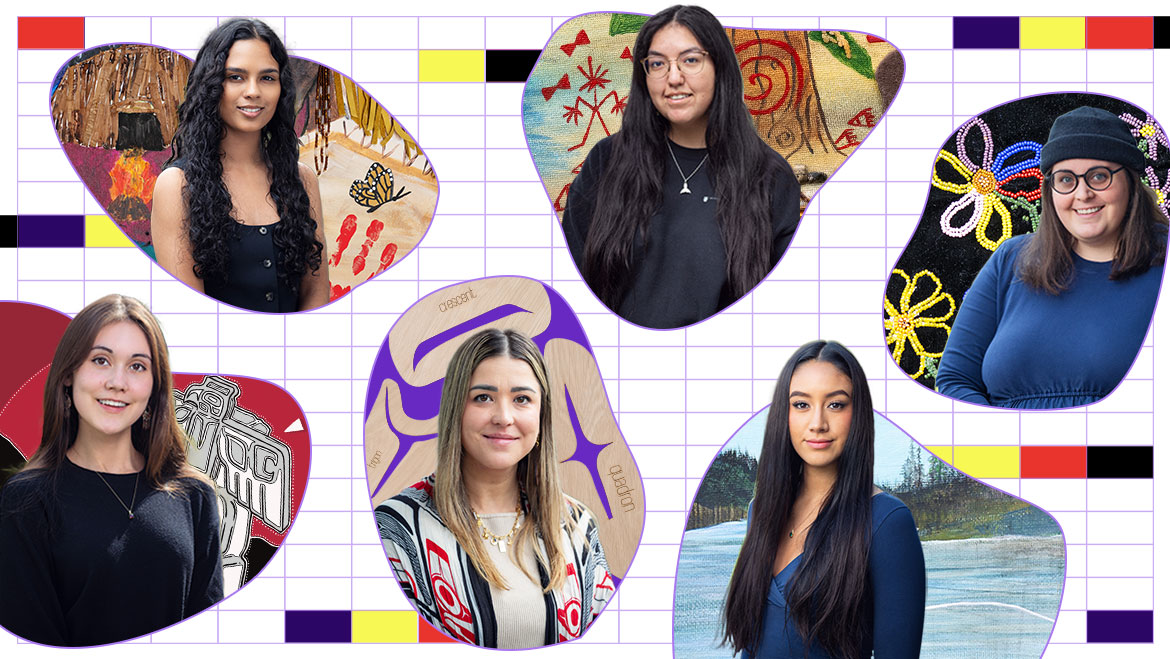

By Biz Nijdam, assistant professor of Teaching and Director of Undergraduate Studies, German
Arts Multilingual Week has left a lasting impact on participating students and instructors alike. For students, many of whom struggle with their multilingual identities and/or experience anxiety using their heritage or learned languages, Arts Multilingual Week provided an opportunity for low-stakes expression and experimentation across languages. It offered an opportunity to celebrate multilingualism that connected language learners across campus.
Unlocking deeper learning with immersive experiences
Heritage speakers used the Multilingual Poetry Slam to explore their language identities, playfully moving back and forth through their languages to express themselves at the junction between languages. At the same time, however, language learners used poetry to experiment with translation or creative expression that wasn’t hindered by the newness of their language-learning journey.
The Multilingual Speech Contest, which asked students to talk about what multilingualism means to them, offered a shared space for students to connect about what it means to be multilingual. As a demographic of students without community ties beyond their specific language groups, sharing the value and complexity of their multilingual identities helped them relate with fellow students, finding themselves in the experiences of others and connecting with their peers in unexpected ways.
Elevating the teaching experience
Instructors likewise found the programming for Arts Multilingual Week rewarding. The Speech Contest allowed them to witness a different dimension of their students’ language-learning journeys, while the Multilingual Poetry Slam demonstrated to many instructors the value of creative assignments in language learning. These instructors were surprised at how rewarding it was to offer students a space to experiment in their target languages in their classroom teaching and shared how impressed they were by their students’ capacity to create powerfully moving poetry at any level of language learning. Moreover, working with language instructors in other units provided a unique opportunity for faculty in the modern language to collaborate across departments, further enhancing UBC’s language disciplines’ distinctively collegial environment, which resists the tendency in higher education to compete between languages for students.
Celebrating diversity and embracing inclusion
Finally, Arts Multilingual Week provided an essential opportunity to destabilize the hegemony of the English language on the UBC Vancouver campus. Supporting diversity and inclusion is a crucial element of the culture and mission of UBC, but the importance of language diversity is often left out of the conversation. The defining role of multilingualism in the lives of UBC students and teachers has never felt more palpable than during Arts Multilingual Week – in rooms filled with the chatter and creative expression of the many languages taught and spoken at UBC Vancouver.
This emphasis on languages prompted organizers to constantly reflect on the role of language in discourses of power at UBC, which helped shape how the event incorporated discussions on Indigenous languages and Canadian bilingualism.
Elizabeth “Biz” Nijdam is an Assistant Professor of Teaching in the Department of Central, Eastern, and Northern European Studies at the University of British Columbia in Vancouver, Canada, where she lives, works, and learns on the traditional, ancestral and unceded territories of Musqueam, Squamish, and Tsleil-Waututh Nations.


